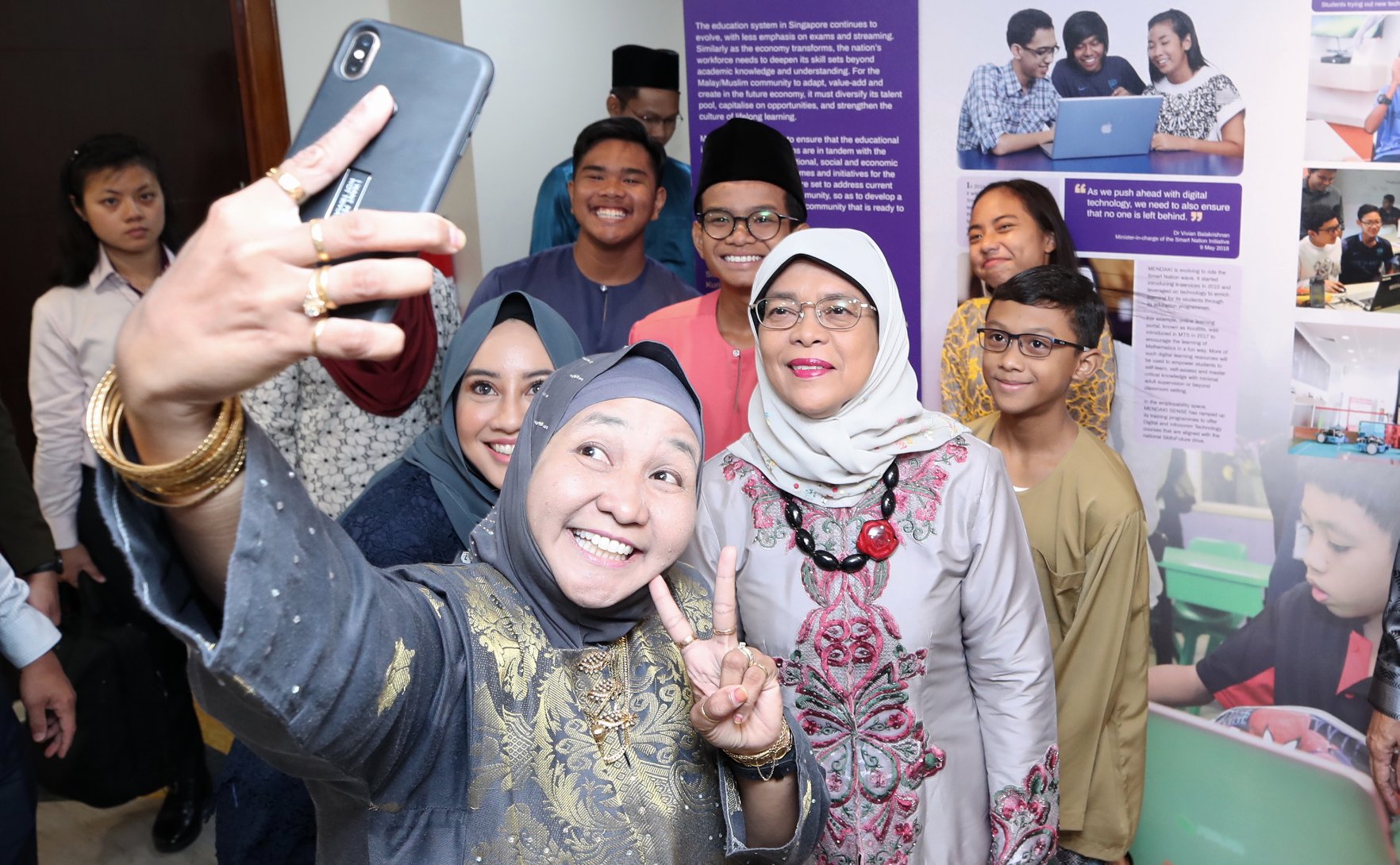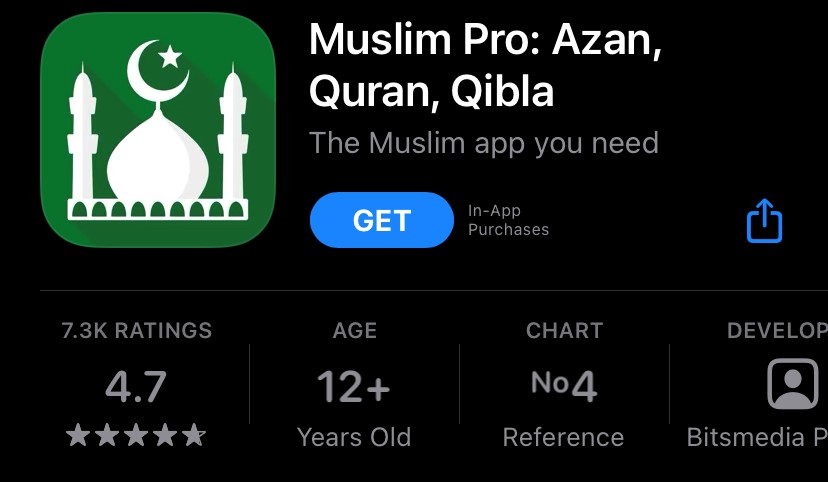Banning of hijab at workplaces in Singapore has re-ignited a fresh debate on diversity and discrimination in the small Asian.
Although Muslim women can freely wear the hijab in most settings in Singapore, some professions bar the headscarf.
The topic was rekindled by an outcry last month when a Muslim woman was asked to remove her hijab to work as a promoter at a local department store.
Halimah Yacob, the country’s first female president who herself wears the hijab, said there is “no place” for discrimination when asked her view of the case.
Singapore’s president said discrimination in the workplace was “disturbing” as it deprives a person from earning a living.
“People should be assessed solely on their merits and their ability to do a job and nothing else,” Halimah wrote on her Facebook page, which attracted more than 500 comments.
“During this COVID-19 period when concerns over jobs and livelihoods are greater, incidents of discrimination exacerbate anxieties and people feel threatened,” she added.
The store reversed its policy, but many took to social media pointing out restrictions remain on wearing the hijab for some civil servants, including policewomen and nurses.
The debate surrounding the hijab is not new in Singapore. The country is predominantly ethnic Chinese, many of whom follow Buddhism or Christianity.
The modern city-state which takes pride in its multicultural and multiracial background has a growing number of Muslims – who account for about 15 percent of Singapore’s 4 million resident population.
Many Muslims have been calling for the ban to end, with an online petition gathering more than 50,000 signatures.




